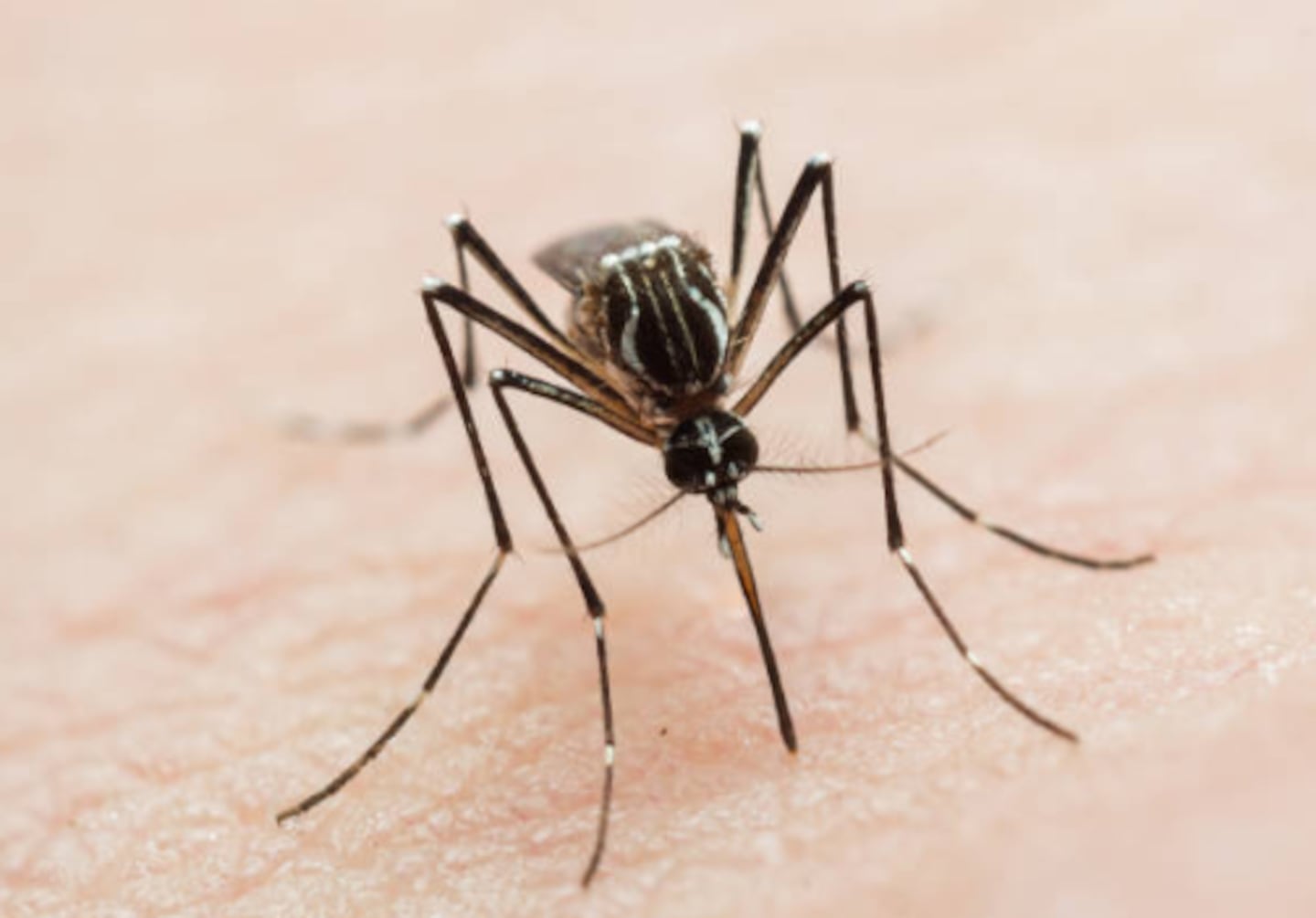CONCORD, N.H. — A New Hampshire resident who had been infected with the Eastern Equine Encephalitis virus, or EEE, has died, state health officials said Tuesday.
The adult, a Hampstead resident who was not identified, had earlier tested positive for EEE, was hospitalized “due to severe central nervous system disease, and has passed away due to their illness,” New Hampshire Department of Health and Human Services officials said in a statement.
“DHHS offers our sympathies to the individual’s family and friends,” officials said.
EEE is a rare but serious disease transmitted to people by infected mosquitos. The last reported human EEE infection in New Hampshire was in 2014, when state health officials identified three human infections, including two deaths.
EEE has also been detected in one horse and seven mosquito batches in New Hampshire so far this summer.
EEE has also been detected in Massachusetts (one person, one horse, and 69 mosquito samples) and Vermont (one person and 47 mosquito samples), health officials said.
In Massachusetts, 10 communities in Plymouth and Worcester counties were raised to high or critical risk for EEE after state health officials announced last week that a man in his 80s had caught the disease, the first human case found in Massachusetts since 2020. In Oxford, town officials approved a curfew last week due to EEE risk.
In Plymouth, Massachusetts, town officials said that all public parks and fields will be closed daily from dusk until dawn in response to the town’s high-risk status.
“In New Hampshire, mosquitos transmit infections including Eastern Equine Encephalitis Virus, West Nile Virus, and Jamestown Canyon Virus,” State Epidemiologist Dr. Benjamin Chan said in a statement. “We believe there is an elevated risk for EEEV infections this year in New England given the positive mosquito samples identified. The risk will continue into the fall until there is a hard frost that kills the mosquitos. Everybody should take steps to prevent mosquito bites when they are outdoors.”
EEE virus can cause flu-like symptoms such as fever, chills, muscle aches, and joint pain. The virus can also cause severe neurological disease, such as inflammation of the brain and membranes around the spinal cord, such as encephalitis and meningitis.
Approximately one-third of all people who develop encephalitis from EEE virus die from their infection, and many others experience life-long physical or mental impacts.
Rare but deadly mosquito virus infection has Massachusetts towns urging vigilance
There is no vaccine or antiviral treatment for the EEE virus.
Granite Staters can prevent EEE infection by taking steps to prevent mosquito bites, including using effective mosquito repellents, wearing long sleeves and pants when outside, and avoiding outdoor activities in the early morning and evening hours when mosquitos are most active.
Residents are being urged to remove standing water from around their homes to reduce mosquito populations, and also to ensure doors and windows have tight-fitting screens without holes.
The latest level of mosquito-borne illness risk by New Hampshire community is available on the state’s website.
Anyone with questions about mosquito-borne illnesses can call state health officials at 603-271-4496 or visit the state’s website.
This is a developing story. Check back for updates as more information becomes available.
Download the FREE Boston 25 News app for breaking news alerts.
Follow Boston 25 News on Facebook and Twitter. | Watch Boston 25 News NOW
©2024 Cox Media Group








